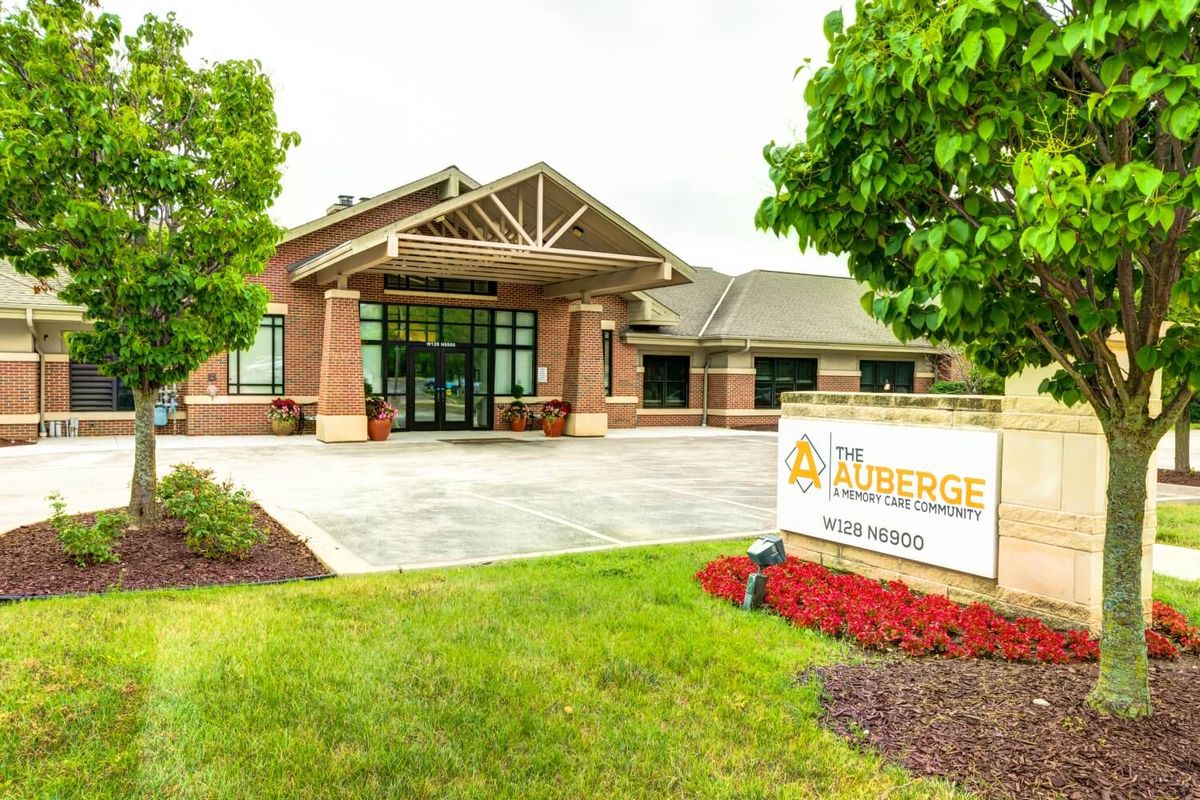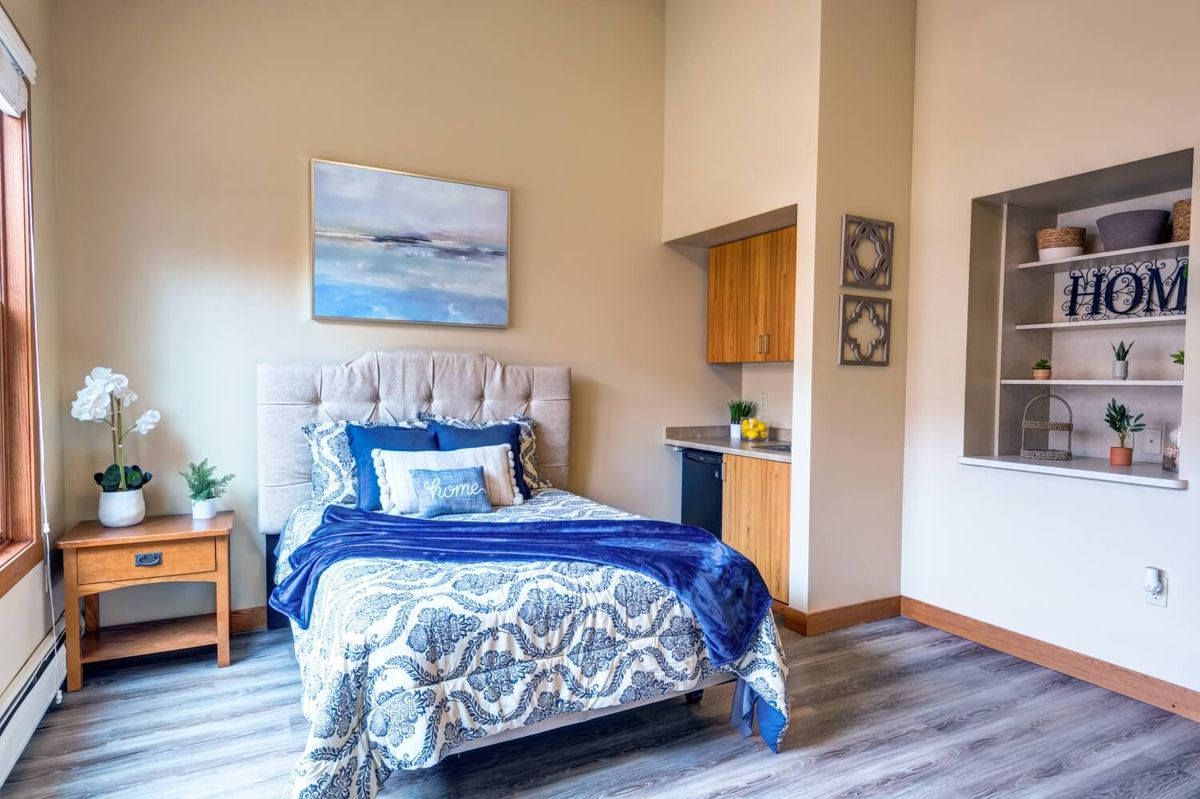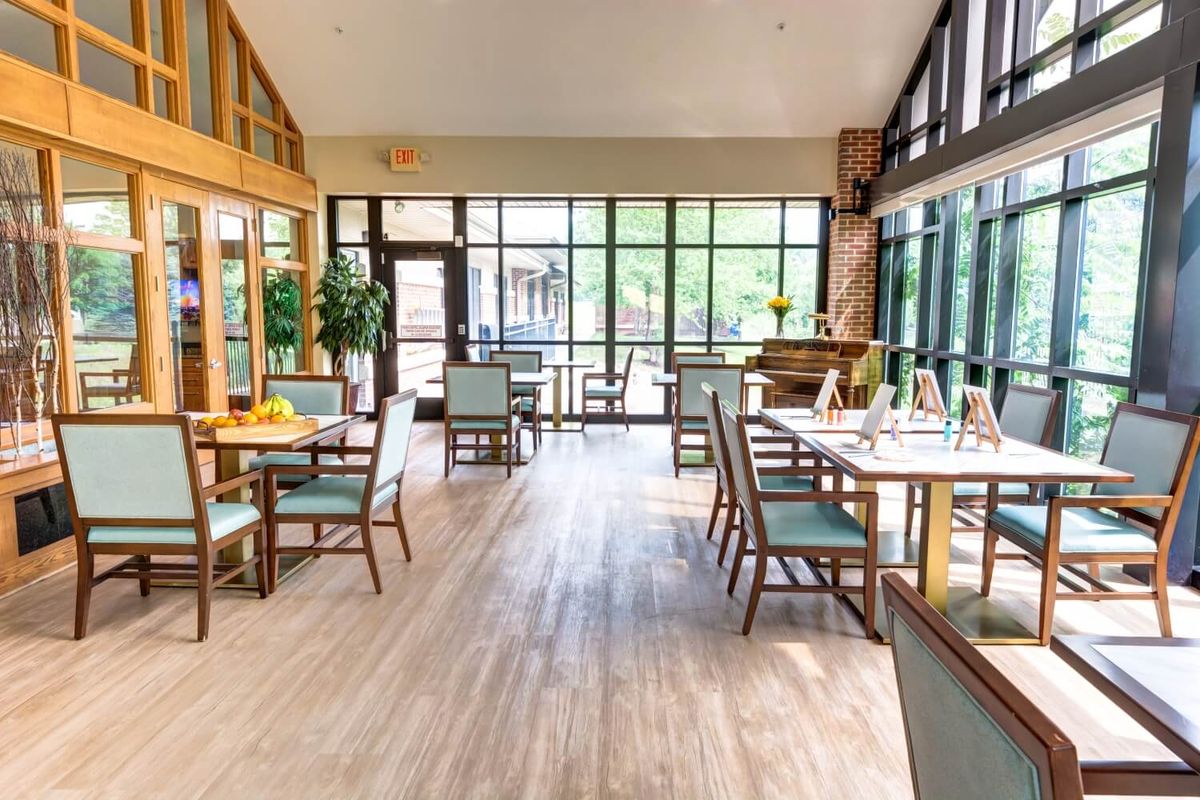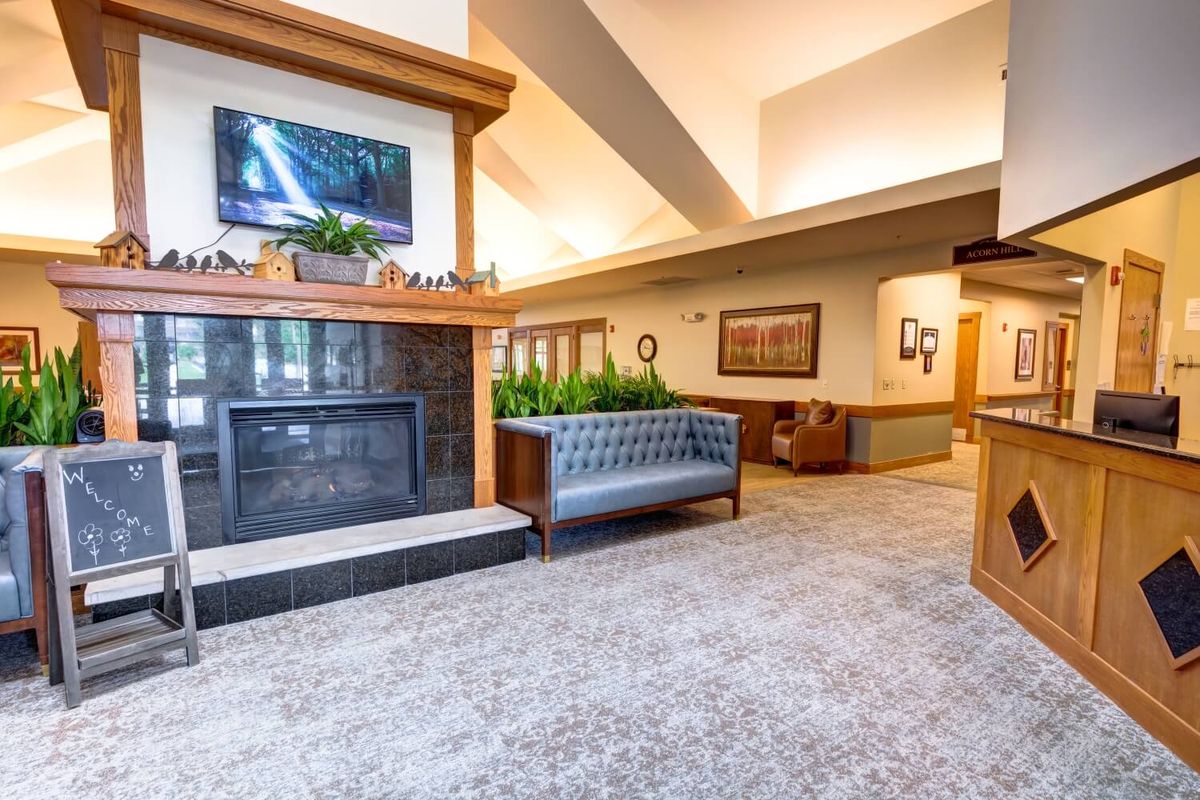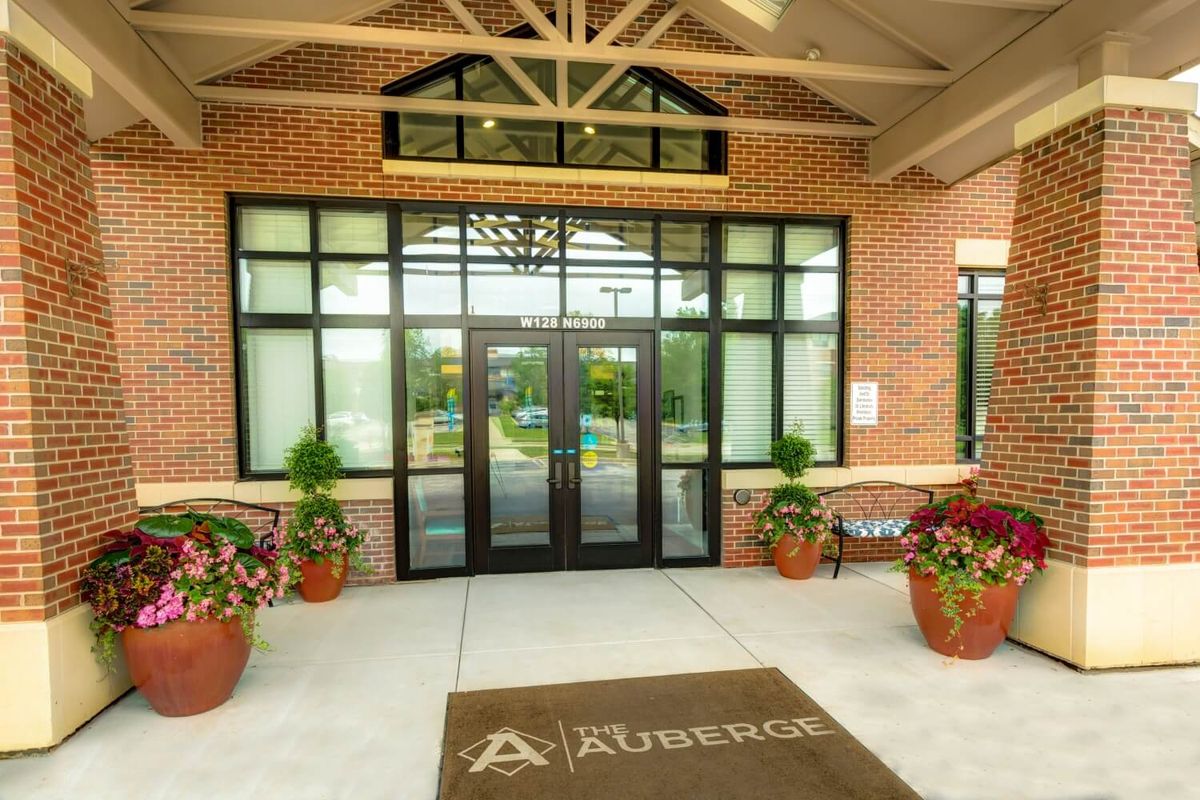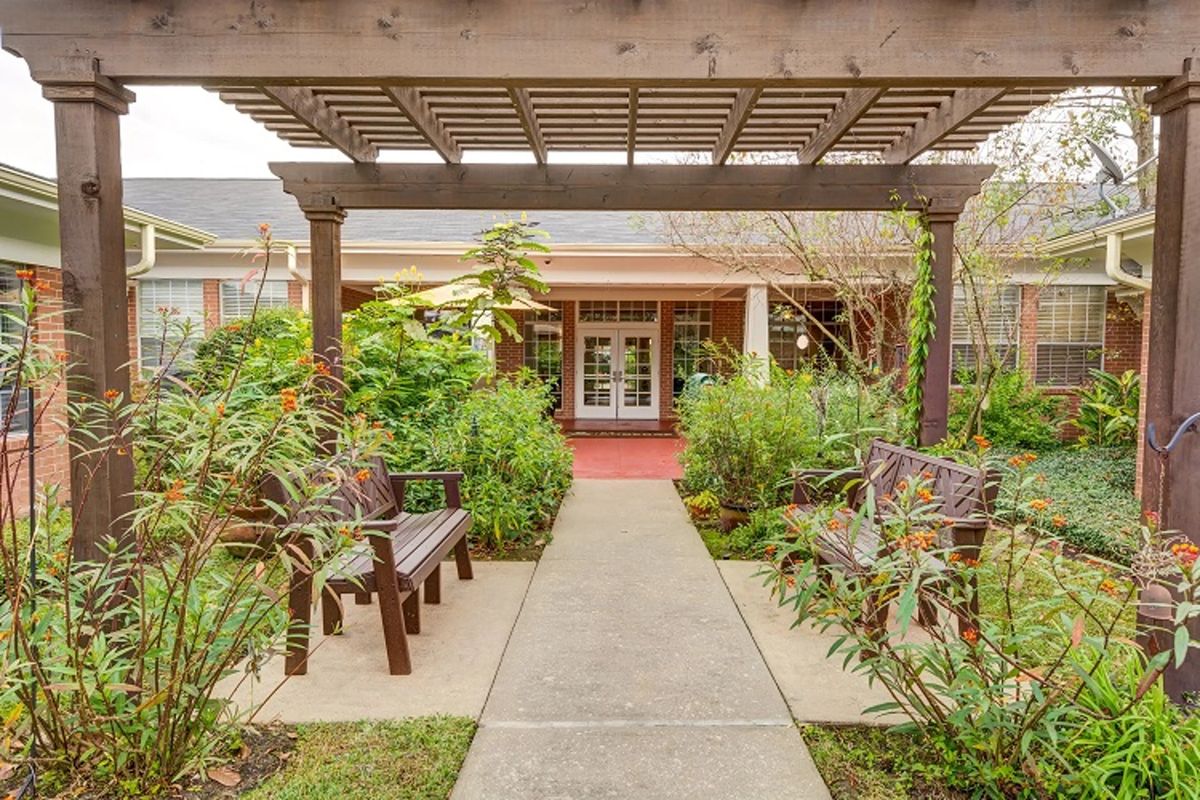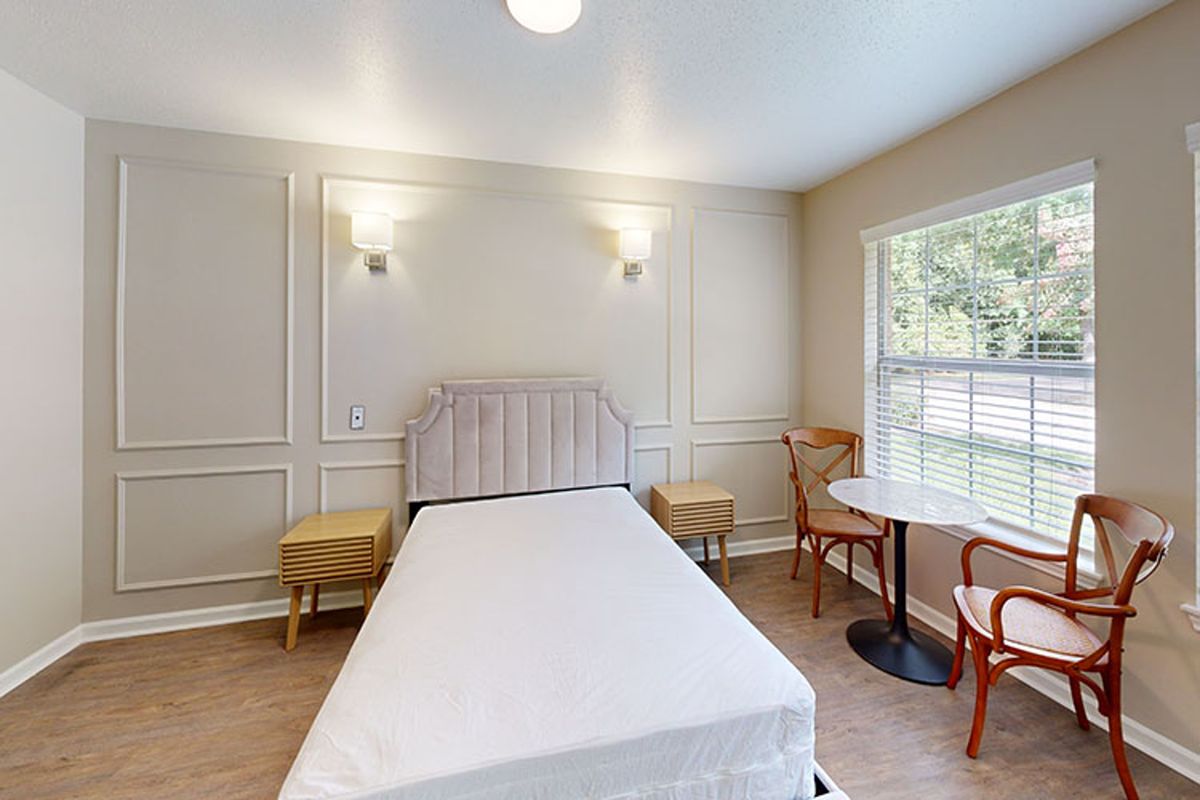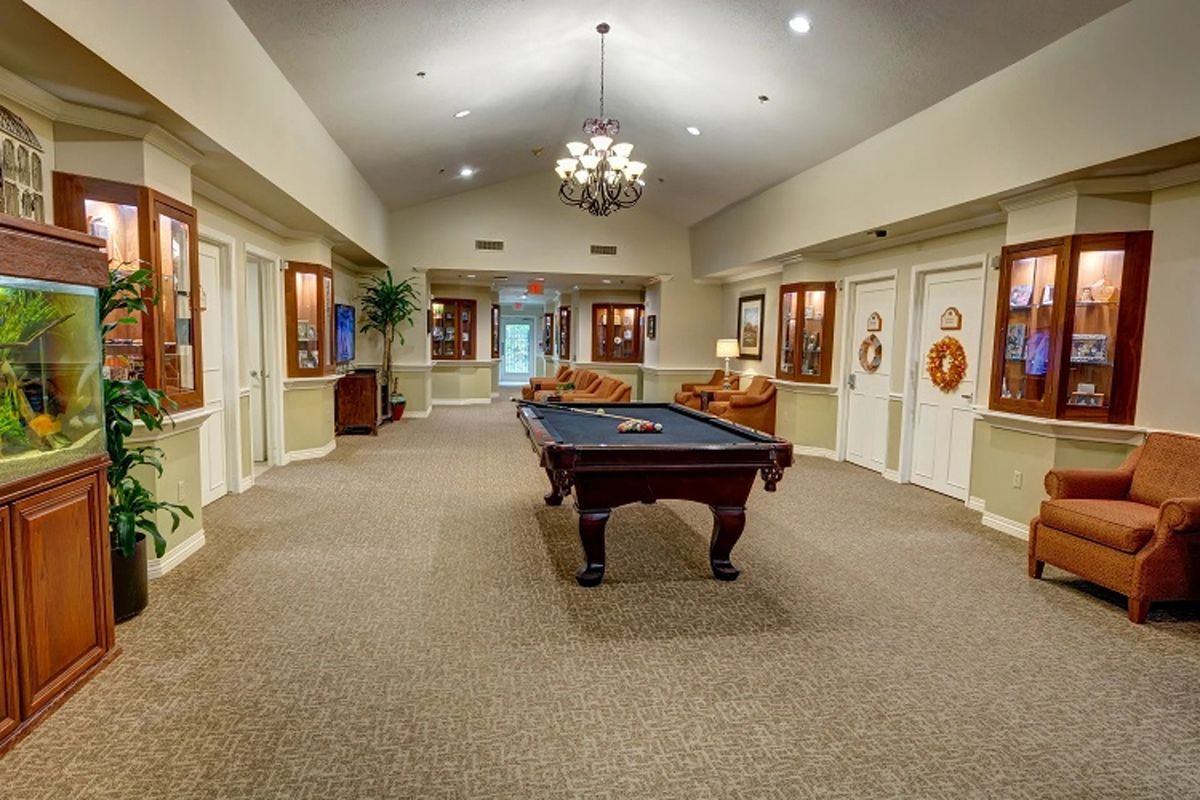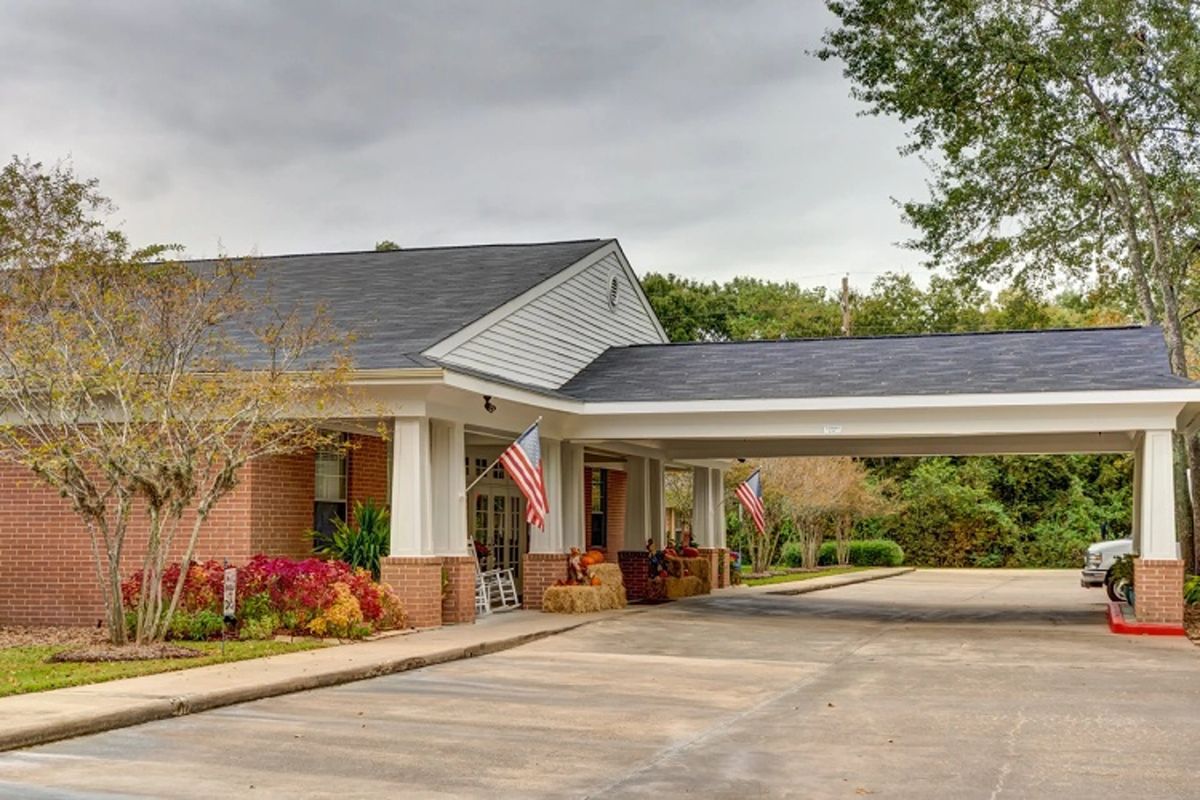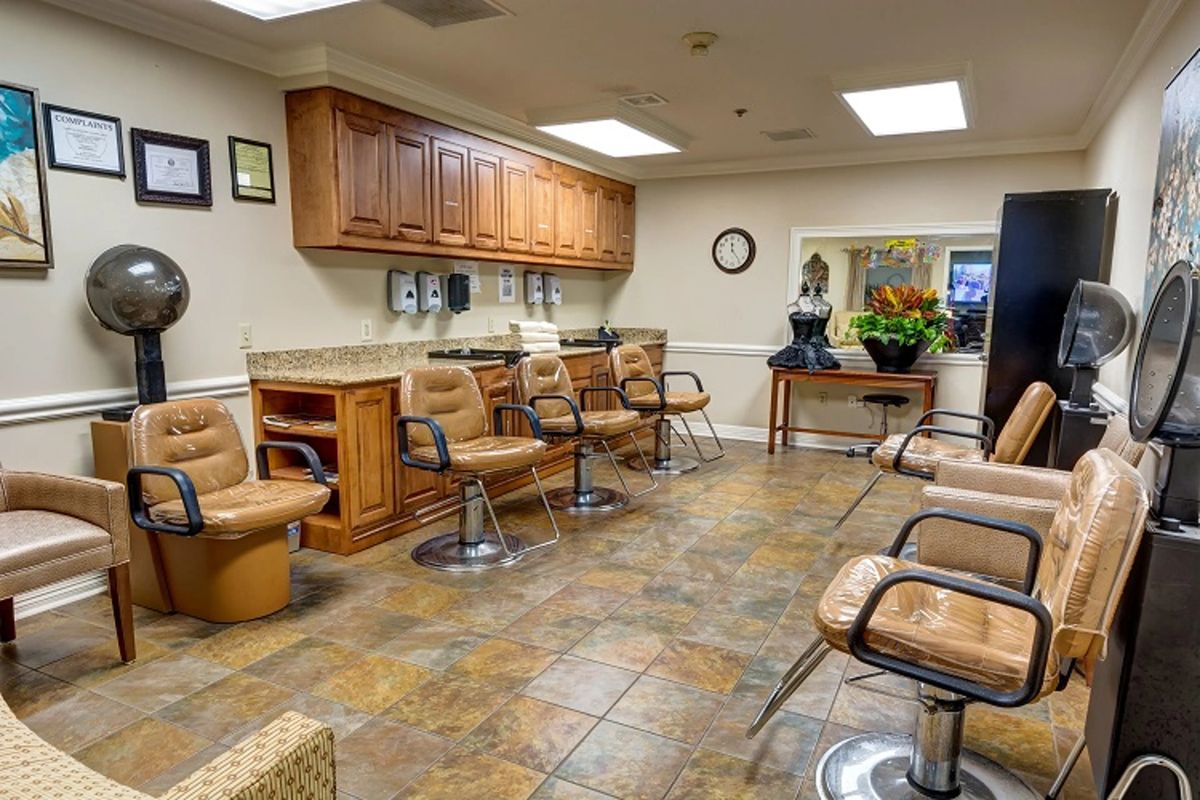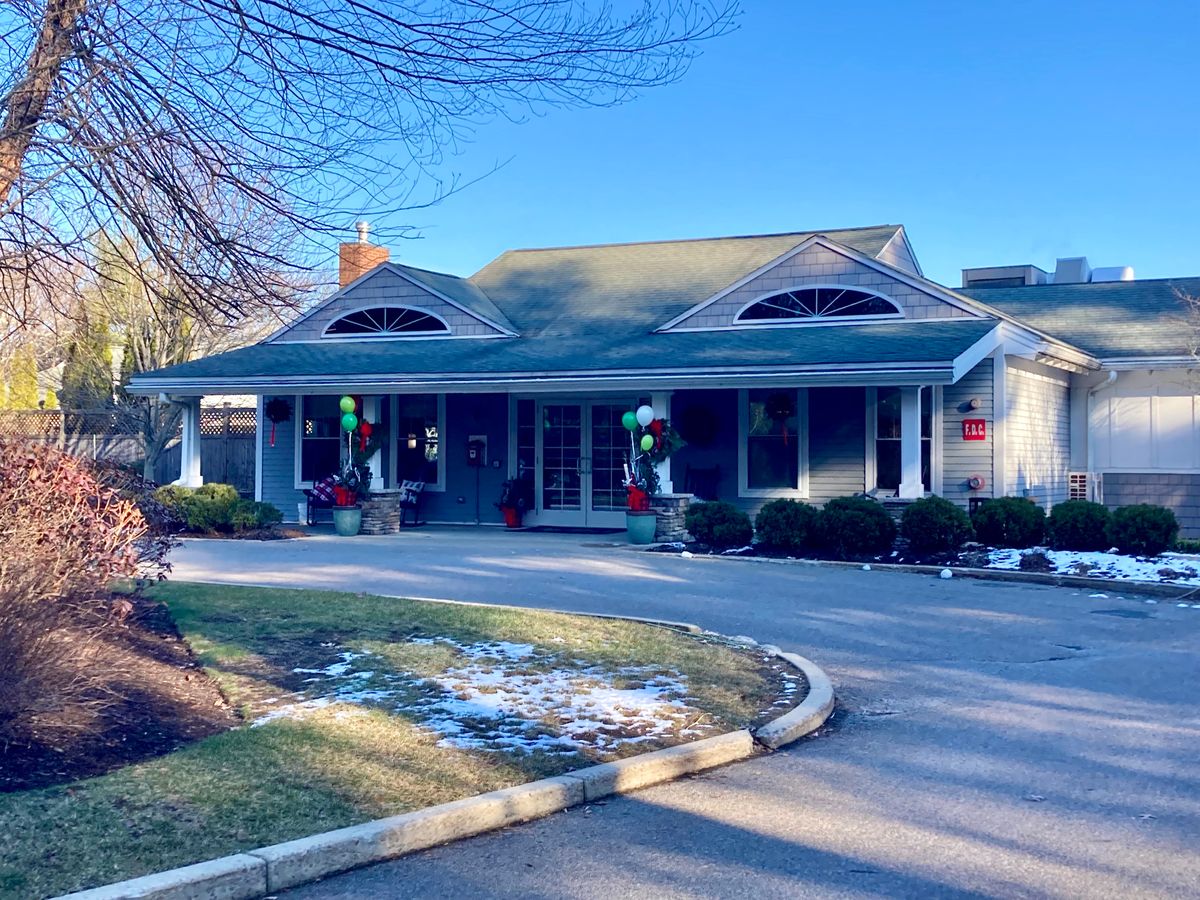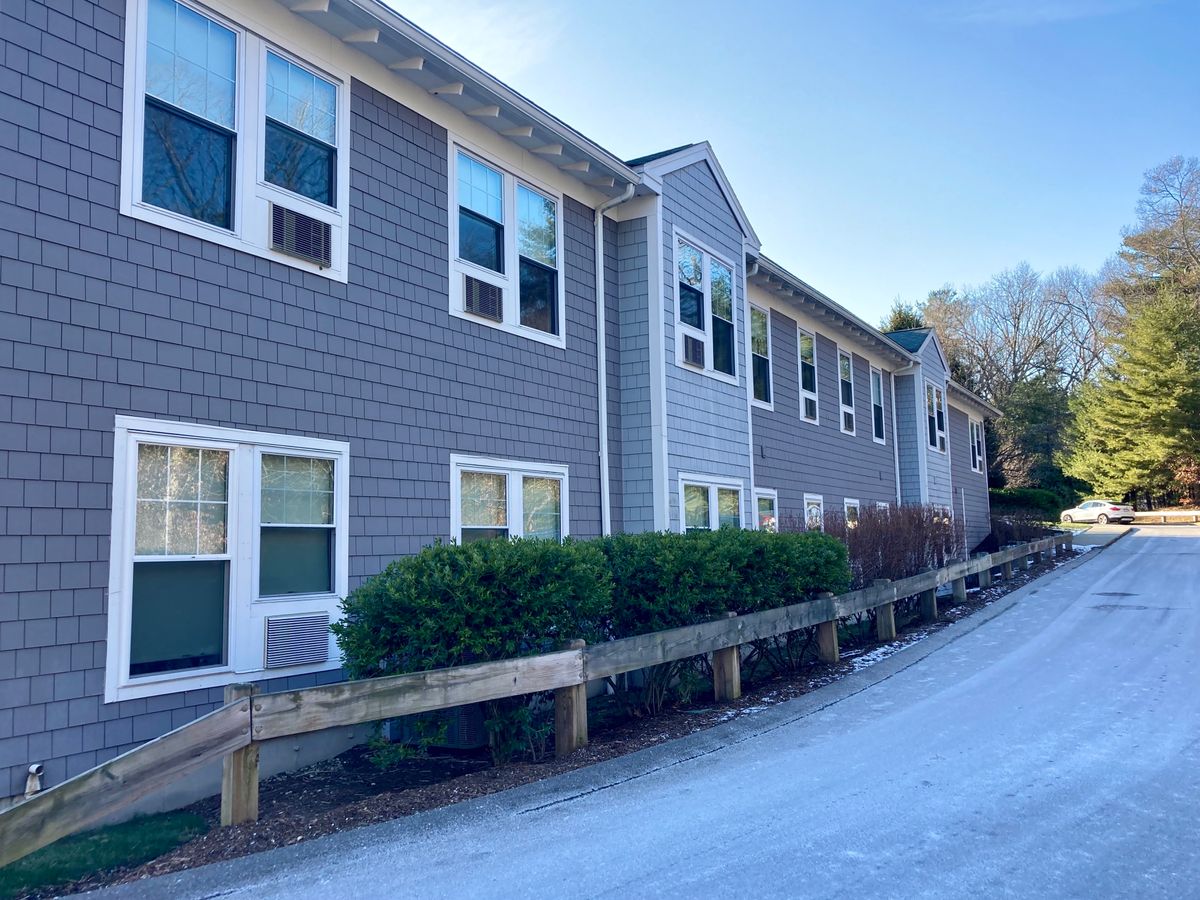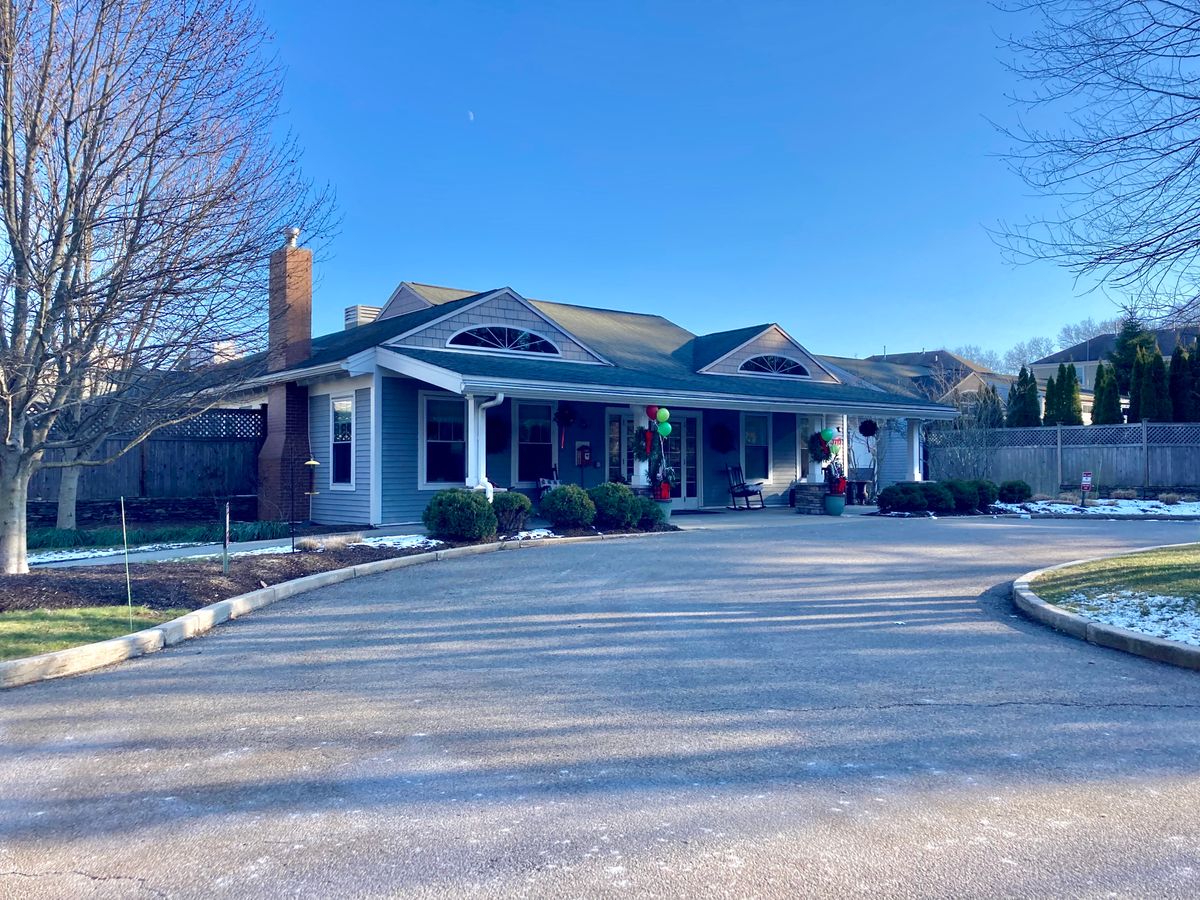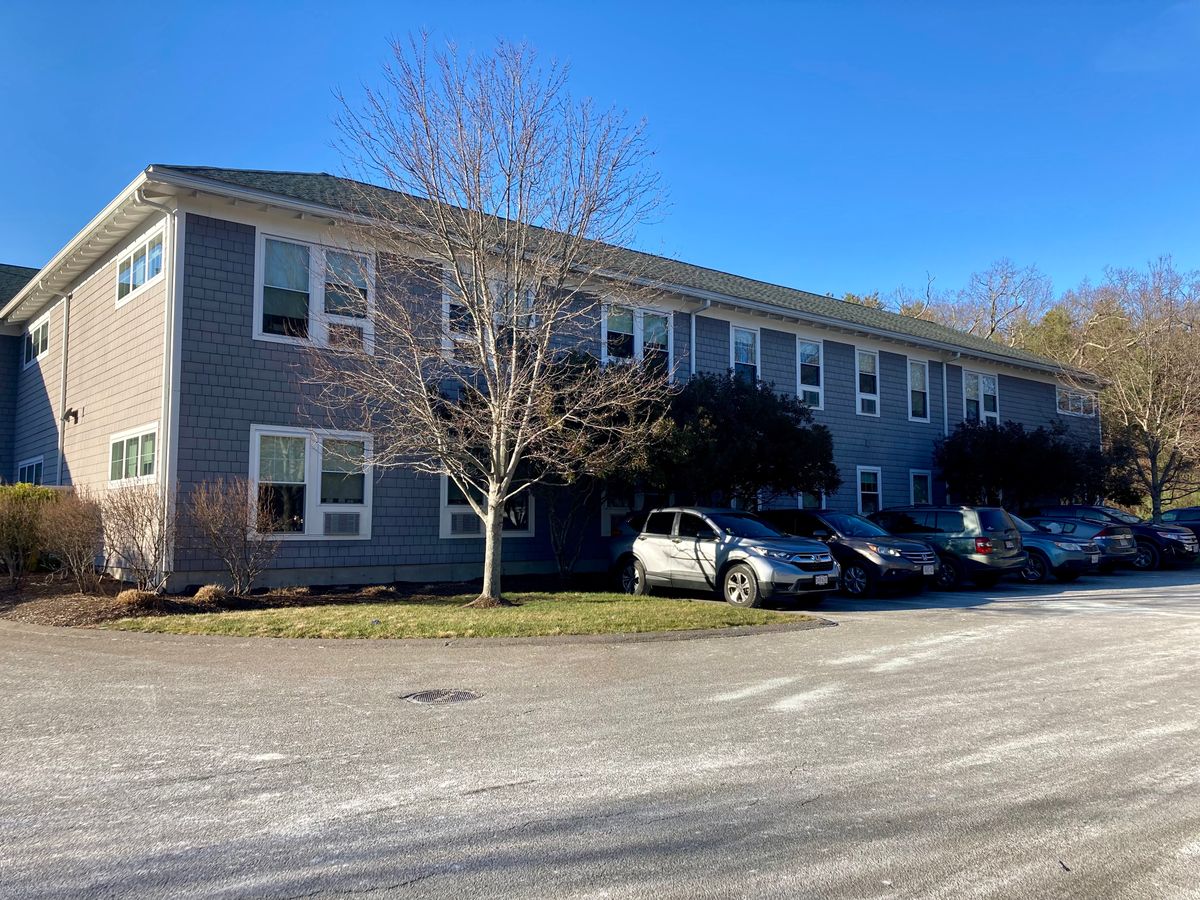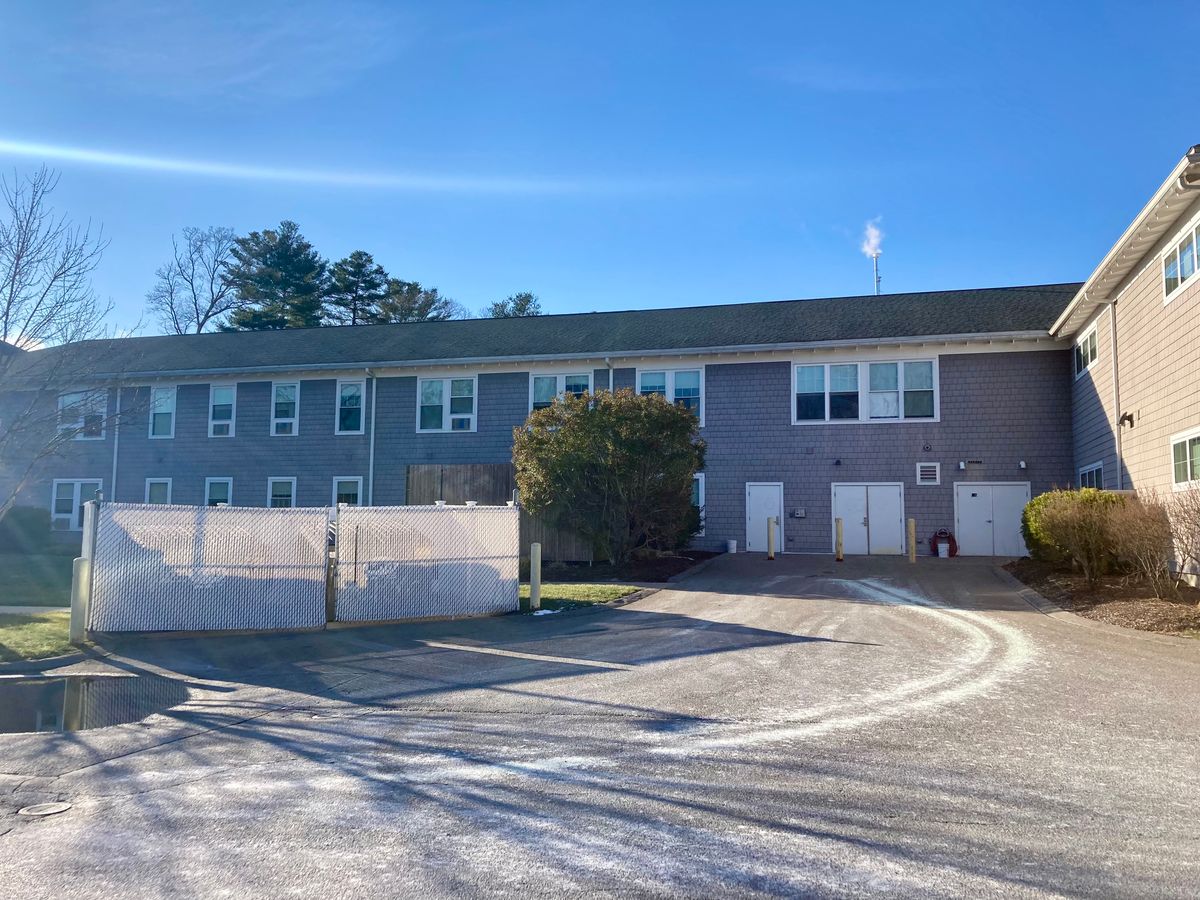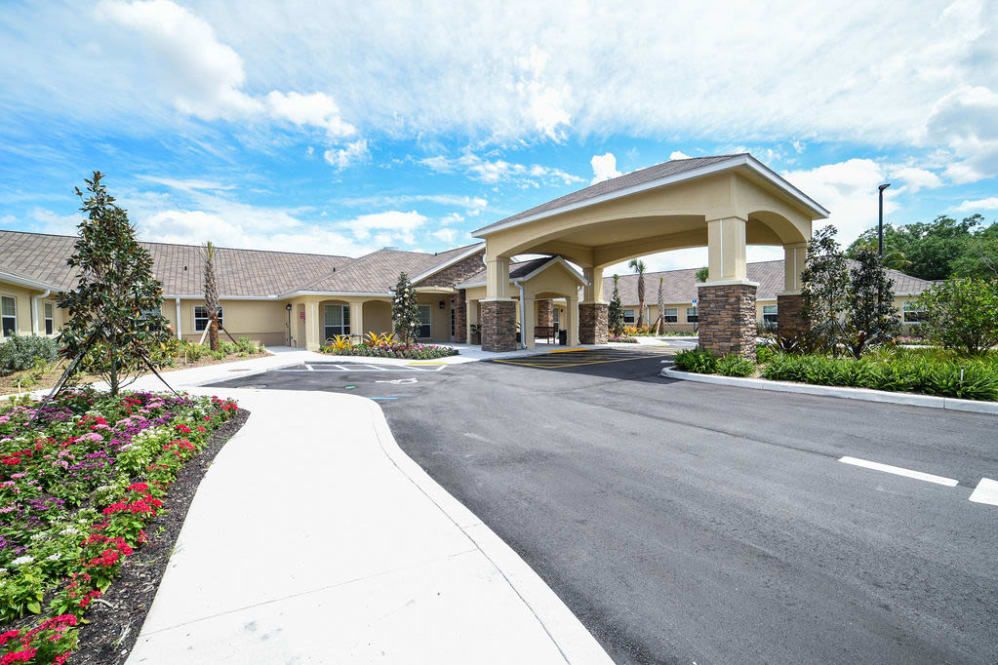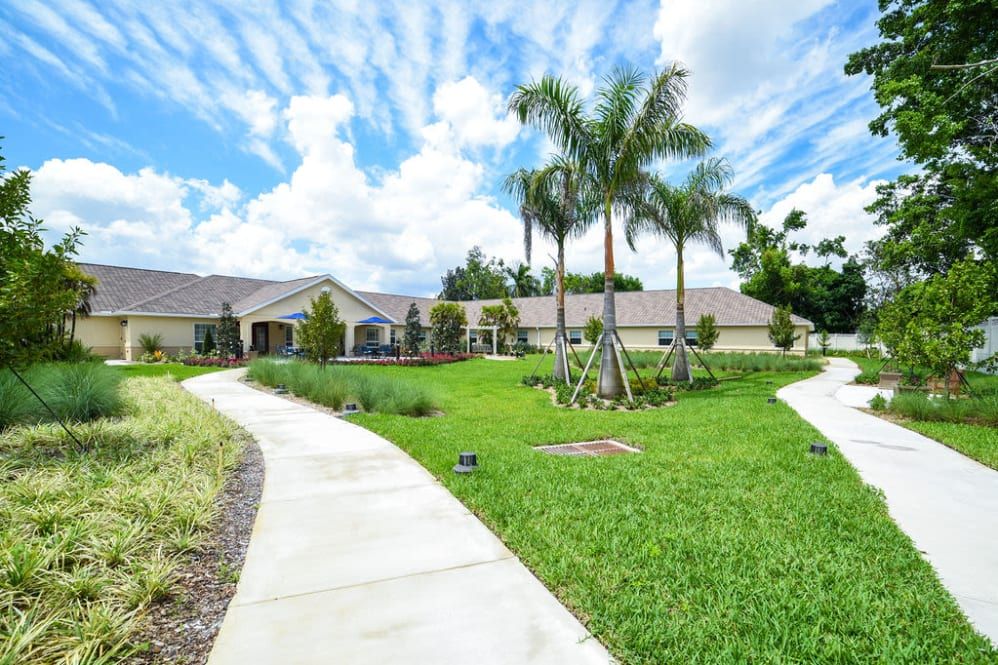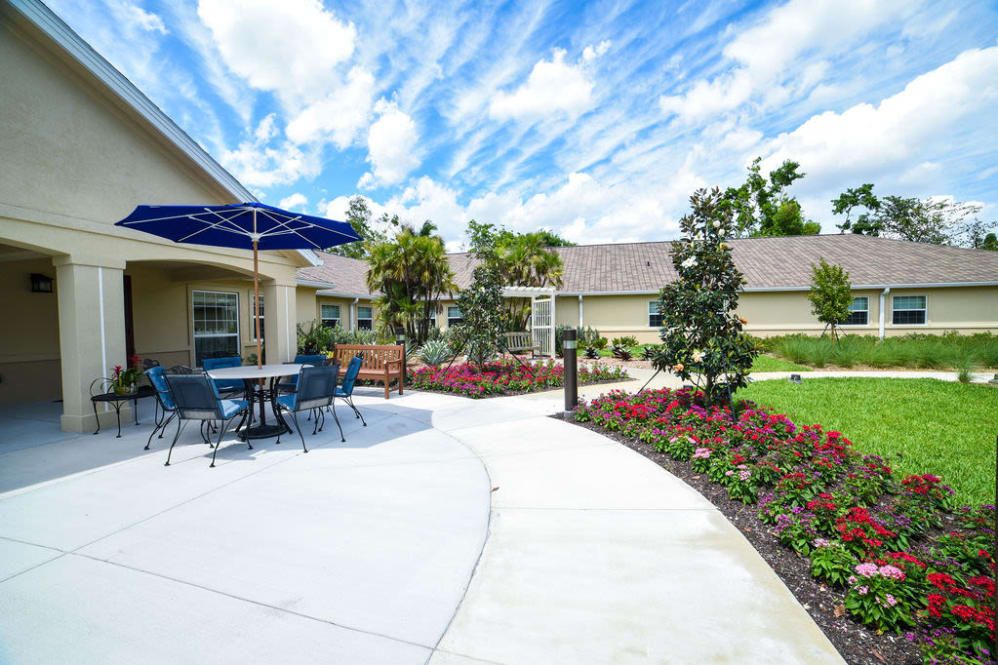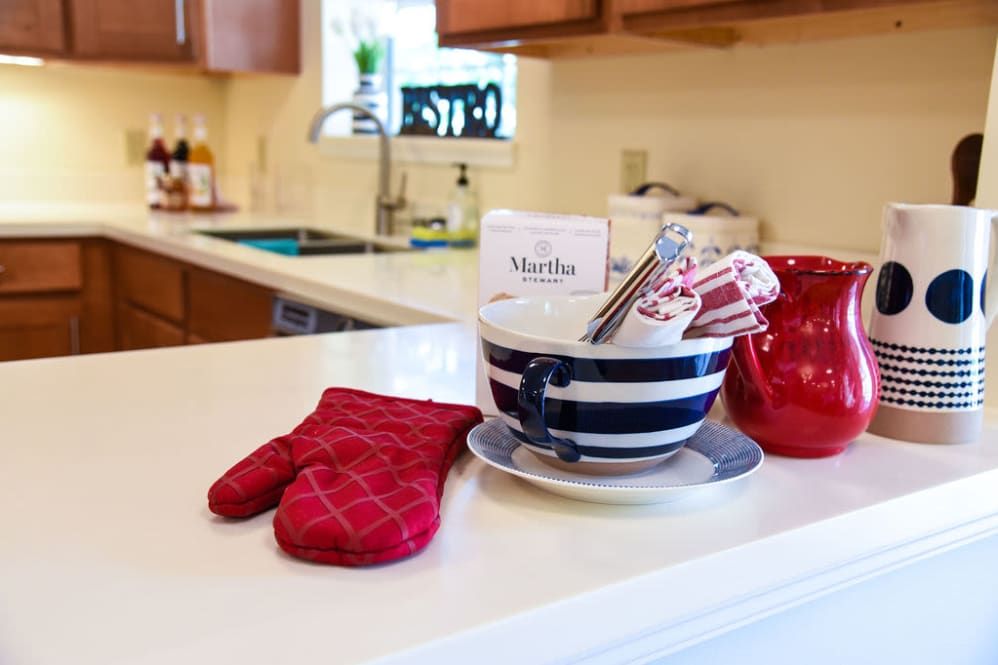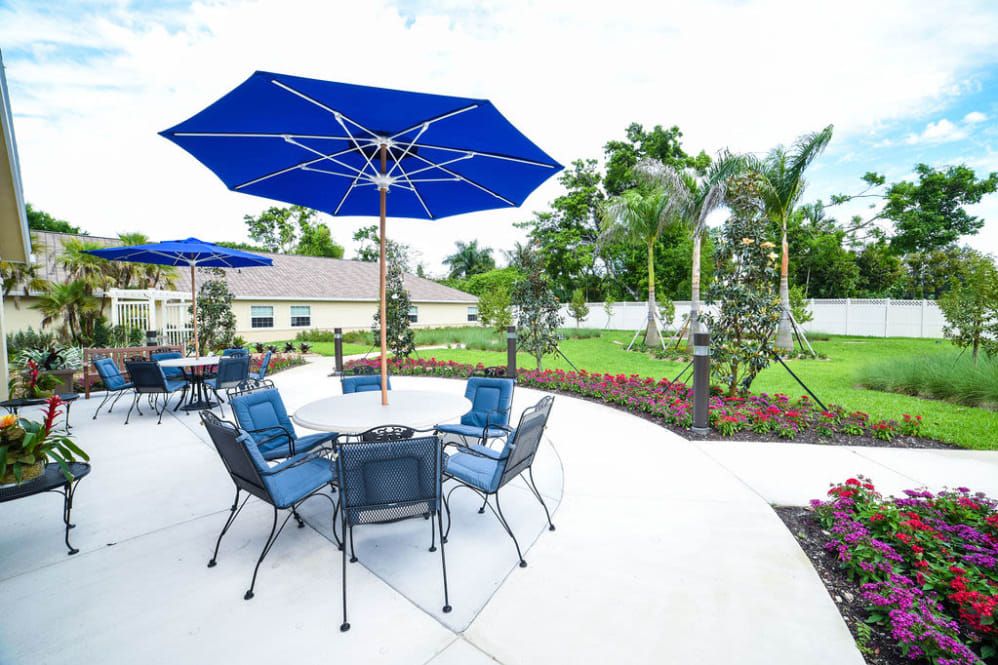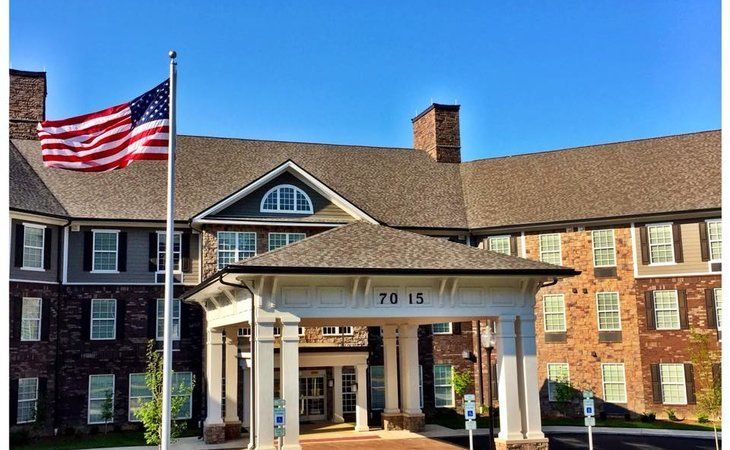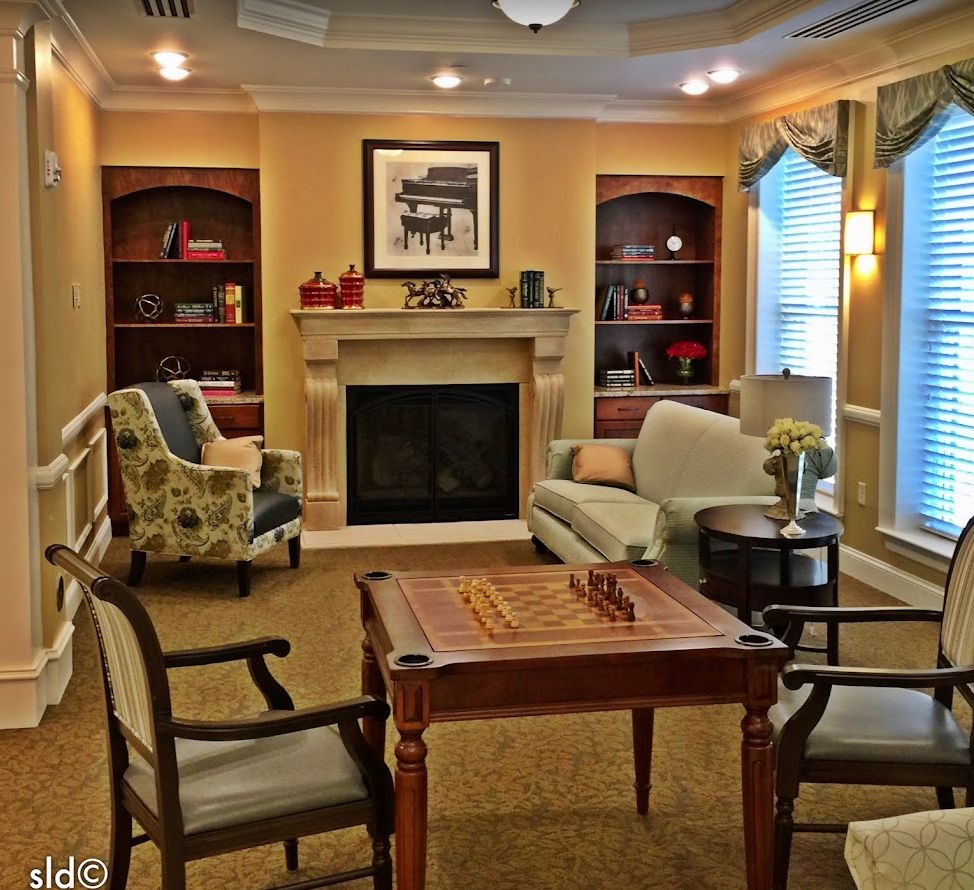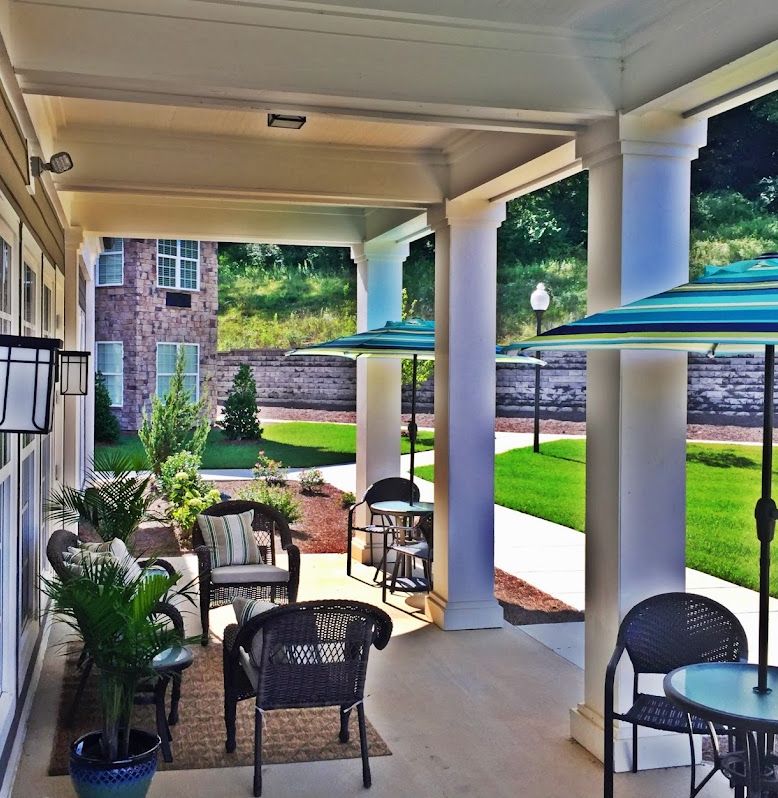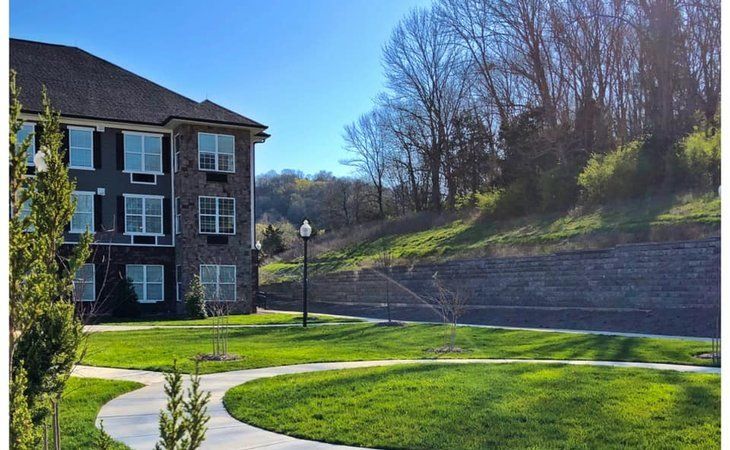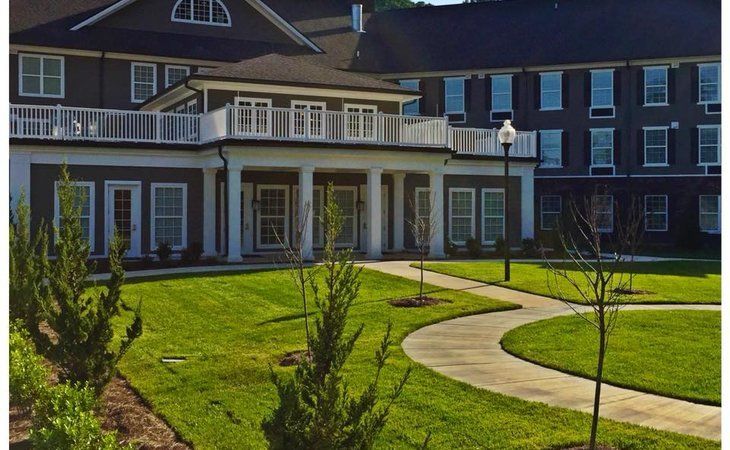
Memory Care: Your Definitive Guide for 2024
Find peace of mind with the right care
Memory care is an important therapeutic strategy for those struggling with memory issues. If you or a loved one is struggling with Alzheimer's or dementia, finding the right care environment can impact both the progression of the disease and the quality of life of the patient and their loved ones.
While neither Alzheimer's nor dementia are controllable, there are things you can do to feel more “in control” of how you manage the journey. Your plan will depend largely on where you or your loved one falls on the Reisberg scale, but whether you're facing early stages of dementia or if the disease has progressed further, understanding your options for memory care will be important an important part of developing your care plan. But first let's start with some definition of terms we'll use a lot in this guide.
Are Alzheimer's and dementia the same?
No, they are not. Alzheimer's is a specific disease in which memory and thinking skills deteriorate over time. In contrast, “dementia is a general term for memory loss and other cognitive abilities serious enough to interfere with daily life" according to the Alzheimer's Association.
To put it simply, Alzheimer’s is a disease and dementia is an umbrella term which describes changes in behavior which impair memory and/or judgment. Alzheimer's accounts for 60-80% of dementia cases, and neither dementia nor Alzheimer’s is considered a natural part of aging.
What is memory care?
Memory care is designed for those with Alzheimer's or other forms of dementia. It refers not just to the type of care, but also the environment in which it is provided. Some assisted living communities have special wings designed to help residents with memory loss. Other care solutions might be standalone facilities where the entire building is designed for residents with memory diagnoses. When someone needs more supervision due to memory or cognitive concerns, and in-home care is no longer a viable option, then it is time to consider memory care. For dementia patients searching for senior living, the options can be overwhelming. Here's a quick overview of the types of care you're likely to find as you start your journey:
Assisted living facility vs memory care
Both memory care and assisted living communities (sometimes called nursing homes) provide meals, housing, supervised care and help with activities of daily living, such as grooming, bathing, and medication management (ADL). Assisted living differs from memory care because it does not offer regular, skilled medical care or any kind of memory care assistance. Memory care communities generally have a more specialized living design for residents as well as trained specially trained staff to support memory care patients.
However, many assisted living communities offer an onsite memory care unit, so a facility can - and often does - offer both basic support for assisted living and specialized memory care. In short, standalone assisted living facility may also offer memory care units designed for those with Alzheimer's disease or dementia.
Skilled nursing care vs memory care
While both communities can support residents with memory care issues, there is a difference between memory care and a skilled nursing facility. Memory care is specifically intended for those with memory loss, while skilled nursing facilities are not. Skilled nursing facilities do not offer the same level of specialized care that you would find in a memory care communities. Instead, skilled nursing facilities provide both short-term and long-term medical care for those who can not take care of themselves in their own home. Skilled nursing is often the preferred choice for those who have been recently discharged from a hospital and need rehabilitative services.
In-home vs memory care
In-home care allows patients to receive treatment at home in a familiar place instead of a facility or hospital. Home care allows the person to continue to manage care in their own home while also allowing respite for their primary care providers. For similar care levels, home care tends to be a much more expensive option.
While both memory care and home care can offer the same services for individualized treatment, memory care is different from home care because it offers an improved quality of life through continuous socialization and specialized treatment for your loved one. Memory care facilities have clinical and medical staff that are fully trained in therapy, medications, and treatments.
The benefits of memory care communities
There may come a time when you and your family decide you're no longer able to care for a loved one with memory problems. And while the journey to that decision point may be difficult, we want to assure you that there are many benefits to structured memory care programs. Here what memory care facilities provide:
Round-the-clock support
The typical caregiver-to-resident staffing ratio in memory care is 1:6, which is much higher than the assisted living ratio of 1:15. Trained staff are also available at all times, which allows for more personalized and specialized levels of care and attention.
Safety & security
The safety and security measures of a memory care community are vital to overall health and peace of mind for family members. Most units provide safety features and a little extra security going in or out of the unit to prevent wandering. This can even extend to enclosed outdoor spaces - landscaped yet secure patios or courtyards allow residents to enjoy the sunshine and spend time outdoors without endangering themselves.
Safety precautions show up in smaller ways, too. Toxic items, such as laundry detergent or shampoo, are kept locked up to prevent accidents. Residents may wear bracelets keyed to sound an alarm if they open a door to leave the facility. As another safety precaution, memory care rooms and suites don't include kitchens. As you tour a memory care facility, you'll likely notice many features to keep residents safe that simply aren't possible in a home environment.
Engagement programming
Well-trained staff develop engagement programs to slow the progression of Alzheimer's or other dementia related illnesses. Many facilities offer physical activity in the form of exercise classes, music therapy, or group video games or video chat to increase engagement and slow cognitive decline. Brain games like puzzles, trivia nights or bingo are also fun and strategic therapies for those with cognitive impairments. For memory care residents, this kind of programming, when done well, can make a real difference in quality of life.
Therapeutic support
Most facilities offer physical, occupational and speech therapies. Many also offer sensory stimulation programs, which the Alzheimer's Association has reported as being beneficial for Alzheimer's patients and their cognitive abilities. Innovative therapeutic support can help with cognitive ability, memory, attention span, and language skills, to name a few.
Medical care & support
Most facilities are staffed with registered nurses, licensed vocational nurses, and certified nurse assistants. The objective is to have enough qualified staff to care for residents' needs and to maintain resident safety. Ideally staff members remain at the facility for a long time and work consistent shifts as residents with Alzheimer's disease or dementia respond best to familiar faces.
Typically, medical and non-medical staff are trained in dementia-related care practices that stem cognitive decline, including training in the progressive symptoms of dementia and communication strategies for those with diminishing verbal skills.
Memory care written plan
Part of the care for your loved one at a memory care community will include a written plan. While the facility's medical director leads the development of this plan, the attending physician, related medical staff, and family members also contribute.
The written plan for your loved one should reflect their personal preferences and long-term interests. It should provide as much freedom of choice as is possible and safe. Among the topics covered in the written plan for any resident's medical care are:
- A customized approach to expression of unmet needs
- Minimal use of psychotropic medications
- Flexible care based on the resident's personal sleeping and waking patterns
- Provision of care for optimal physical functioning
- Activities that promote quality of life and enjoyment
- Meeting of all nutrition and hydration needs
- Minimizing of any distress
Care coordination
Staff with specialized training will work together with your doctors and others that are helping with their memory care. So if, for example, your loved has multiple diagnoses, you'll receive holistic care specific to their needs.
Specially designed environment
A good memory care facility will incorporate strategic design elements to minimize disruption and reduce confusion for residents. For example, some facilities are centered around a circular hallway that's easy to navigate and allows residents to stroll without ever losing their way. Other communities might use personalized way-markers, like memory boxes, to help residents remember where their room is. We’ve even seen some luxury communities employ circadian lighting, which has been shown to minimize sundowner’s symptoms and reduce episodic anger and outbursts. Facilities that feature lots of natural light, bright colors and common areas for residents to gather are wonderful. Overall, seniors living in memory care community truly benefit from a well-planned environment designed by experts.

memory boxes positioned outside of resident entrance, to help with way-finding. Courtesy of Coterie, San Francisco.

memory care common area with circadian lighting. Courtesy of Coterie, San Francisco.
What services are provided in memory care facilities?
Memory care facilities are designed to help those with Alzheimer's and other types of dementia feel comfortable and at home. The level of services provided often overlap with what is offered in an assisted living community. Typically, memory care communities offer
- All meals, either in their rooms or in a shared dining hall
- Housekeeping services to keep their living space clean and safe
- Engagement and social programs designed to stimulate their minds and keep them connected
- Transportation to doctor's offices and other medical appointments
- Comfortable rooms, which may be private or shared
- All laundry services, including fresh linens
- Exercise programs and physical therapy when needed
- Cognitive therapy
In addition, residential memory care provides assistance with activities of daily living (ADL), including:
- Personal Hygiene
- Feeding
- Continence Management
- Ambulating
- Dressing
- Toileting
What is the cost of memory care?
Seniorly data shows that in 2023, the average monthly cost for a memory care facility was $5,096. While average costs vary state to state and are affected by the level of care provided and cost of labor, memory care costs are typically covered by private pay. Long term care insurance will supplement private pay.
In some cases, you will find qualified memory care in a skilled nursing facility (SNF). This will afford the senior resident some level of government assistance, such as Medicare. Your state's Medicaid program can also cover a SNF if you’re considered low income.
Each state has their own licensing regulations. Therefore, the cost varies state by state for the memory care services provided and the government assistance available.
PRO TIP: Veterans Benefits are often available for assistance with care needs.
How to pay for memory care
Finding a way to pay for memory care services can be challenging for many families. There are four main options to consider when trying to cover memory care costs:
Medicare covers some, but not all, costs of care of memory care. It doesn’t cover any type of long-term care, but it does cover the following: inpatient hospital care, semi-private rooms, meals, general nursing care, medications, hospital supplies, diagnostic testing, 100 days of skilled nursing home care and hospice care.
The majority of people who enroll in Medicaid are unable to afford other forms of health insurance. Medicaid by law can not pay for room and board, but will cover the cost of care for residents. In most memory care facilities, the Medicaid waiver can be used for the cost of room and board.
Long-term care insurance
Long-term care insurance can cover different types of long-term care, such in-home care, assisted living, respite care, hospice care, nursing home/skilled nursing, Alzheimer’s or dementia care.
Out of pocket
Out of pocket pay is also referred to as private pay. This is when the cost of memory care is paid out of pocket by the individual or their family.
Choosing a memory care facility
When you or a family member are searching for assisted living and memory care communities, questions abound. While cost is usually the primary concern for most families, it's certainly not the only consideration.
There are a lot of considerations in choosing a facility and neither you or the facility should ever shy away from asking and answering questions. Before choosing a facility you and your family members will want to compile a list of questions that covers your concerns about your loved ones’ care.
17 questions to ask on a memory care community tour
Here are some questions to ask during your tour of any memory care facility. You can also read more here How To Evaluate Memory Care Facilities
- What services and level of care does your memory care community offer? What types of care are not offered?
- What kind of staff training do your employees receive? What are the types of dementia techniques used by the care team?
- Are is a registered nurse on staff? How are their shifts planned?
- Who manages the development of the memory care plan and how often is it updated?
- Is the resident assigned to the same staff members daily?
- Are residents grouped by cognitive impairment levels?
- How do you communicate with family members?
- What is the monthly rate? What services does fee that include? What services are not included?
- How do you manage residents with mobility issues or who display aggressive behavior?
- Are entrances and exits secure and enclosed?
- What strategic design elements does your community feature that help patients with dementia?
- Are there emergency alert systems in place if my loved one should fall or needs help in their room?
- How many meals are provided each day? What do you do if a resident doesn't want to eat?
- Is personalization available in the meal plans? Can special diets be accommodated (gluten-free, kosher, etc.)?
- Can you share the engagement or activity calendar for this week /month?
- What sensory programs or other therapies do you offer?
- How do you communicate with family members?
What's the difference between memory care, assisted living, and a nursing home?
Is memory care considered skilled nursing?
What are the outdoor areas like?
What are the memory care community's discharge policies?
How do I find a memory care facility?
What is the food like in memory care?
Are visitors and pets allowed in memory care communities?
Do memory care communities provide transportation?
How easy is it for memory care residents to get around the community?
What medical staff are on duty 24/7 in memory care?
How do the staff handle memory care residents who become aggressive?
How regularly does the memory care community communicate with families?
How does the community handle communication in case of emergencies?
What are the fees at the memory care community, and how are they structured?
What other additional charges can you expect?
Are additional fees charged for certain medical services?
How should you prepare for a visit to a memory care community?
How do you schedule a memory care tour?
What should you expect to see on your memory care tour?
Explore popular memory care communities
The Auberge At Sugar Land
1221 Seventh Street, Sugar Land, TX 77478Memory CareAvita Of Needham
880 Greendale Avenue, Needham, MA 02492Memory CareArtis Senior Living of Davie
2794 South Flamingo Road, Davie, FL 33330Memory CareCarefield Pleasanton
4115 Mohr Avenue, Pleasanton, CA 94566Memory CareCanterfield Of Franklin
7015 Moores Lane, Brentwood, TN 37027Assisted Living, Memory Care, Independent LivingMarlena del Hierro earned her Master of Arts degree in Gerontology from San Francisco State University and her Bachelor of Arts degree in Human Development from California State University. She also serves in an advisory capacity for Jukebox Health. Marlena is a vocal advocate for evolving the aging paradigm, and is a frequent contributor to public discussions about aging. She has served as a resource for media outlets like WGBH, FOX News, CNBC and the Today Show.
To learn more about Seniorly's editorial guidelines, click here.
